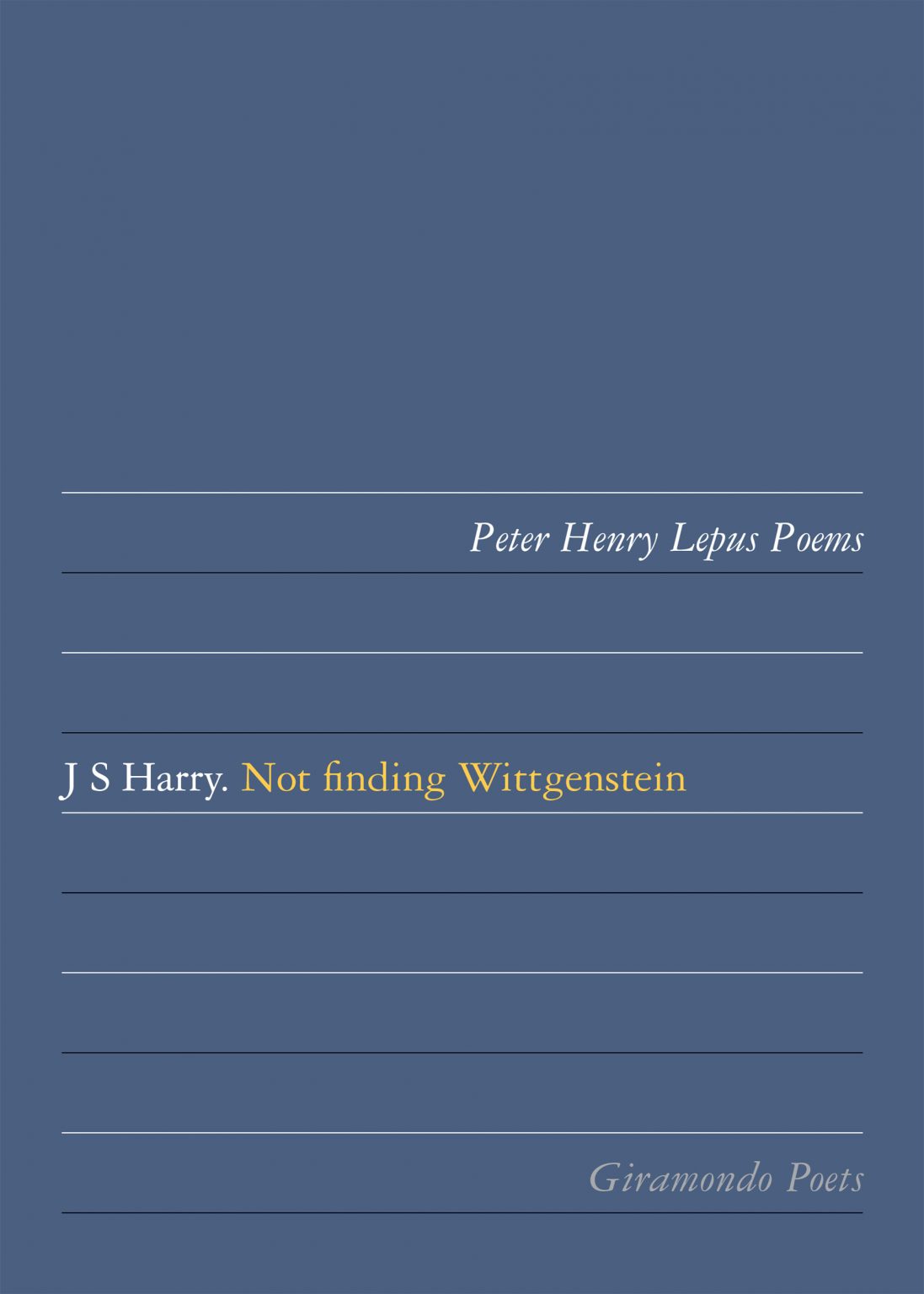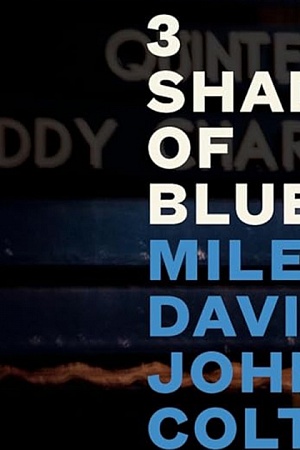Not Finding Wittgenstein
Giramondo, $24.95 pb, 238 pp
Not Finding Wittgenstein by J. S. Harry
Satire is more than just biting animosity or moral denunciation, though in those shapes it has made its greatest contribution to world literature – from Aristophanes and Juvenal to the first Samuel Butler and Swift. The convention only works in relatively permissive societies. During the worst excesses of censorship in the Cold War, the authorities were seldom worried by satires cleverly concealed as fables or dystopian extravaganzas. Let the cognoscenti exchange winks, their rulers knew that the mob was not interested and the state hardly threatened. The censors themselves may well have enjoyed the ingenuity of their indignant critics – so Zbigniew Herbert, Miroslav Holub and Andrey Voznesensky prospered without having to defect to the West. Meanwhile, satire turned into cabaret in our part of the world.
Continue reading for only $10 per month. Subscribe and gain full access to Australian Book Review. Already a subscriber? Sign in. If you need assistance, feel free to contact us.
















Leave a comment
If you are an ABR subscriber, you will need to sign in to post a comment.
If you have forgotten your sign in details, or if you receive an error message when trying to submit your comment, please email your comment (and the name of the article to which it relates) to ABR Comments. We will review your comment and, subject to approval, we will post it under your name.
Please note that all comments must be approved by ABR and comply with our Terms & Conditions.